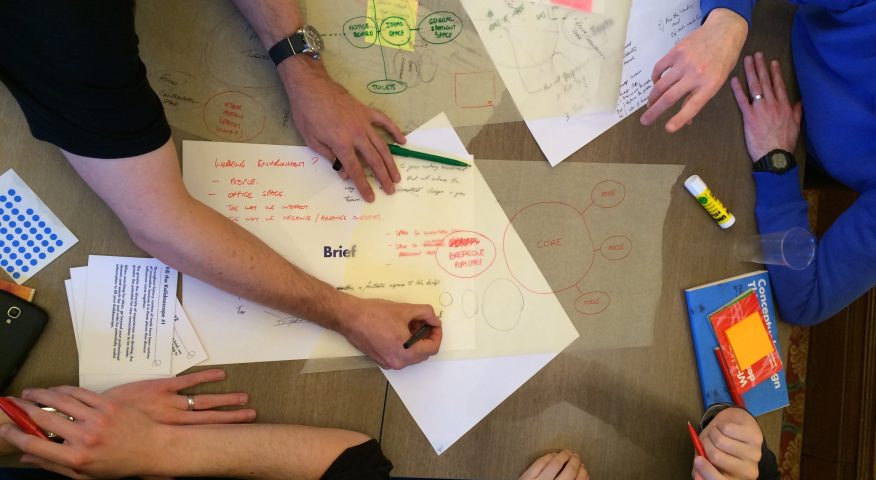This week at Think Up we are co-designing a three-day training course in problem-based learning (PBL) for engineering teaching staff.It’s a co-design process because to run a didactic course in problem-based learning would be antithetical!
Problem-based learning is part of a wider family of pedagogical approaches known as inductive learning. Richard Felder identifies common features of inductive learning models as follows:
- Being learner/student centred: more responsibility is placed on students for their own learning.
- Supporting the research-backed approach that students learn best by fitting new information into existing cognitive structure.
- Supporting the widely accepted constructivist view of learning, which says students create their own version of reality, rather than simply absorbing what people say.
In Problem-Based Learning ‘students are presented with an open-ended, ill-structured, authentic problem and work in teams to identify learning needs and develop a viable solution, with instructors acting as facilitators rather than primary sources of information’ (Felder).
That’s the theory, but putting PBL in practice can be challenging. Dealing with these challenges is the purpose of this co-design process. We are working with 12 partners from the Enginite project who are each designing a module to help graduate engineers develop their employability.
The output of this process will be a reflective training guide that will available for all to use.
